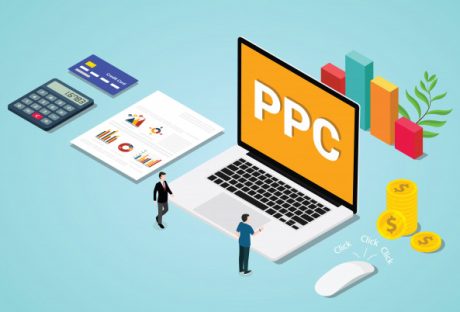We have already stepped into the digital era. And when we are talking about the digital era, we are talking about all the digital information audiences consume every day, and all the data companies collect daily. All these data fall under an umbrella term, Master Data.
Over the last couple of years, companies had a hard time managing all the data effectively. As most companies are taking the digital approach to engaging with their audiences, data has become the only source of information to understand their audiences better.
Master data is the most powerful asset of the company that helps the company make business decisions. All the collected data are categorized and pruned according to the need. Then the data are filtered out department wise.
Given how effective data has become in the modern era, Master Data Management has become an important aspect of business irrespective of any size.
The whole process deals with the need to end data monitoring. The process starts with collecting the data from the relevant sources, and then the data are categorized according to the needs—these data are then used in the business strategies.
How Can Master Data Management Help Businesses?
Master data management helps the business to come with effective strategies that can perform well in the market. Here are the benefits that you can reap after integrating Master data management in your business.
Improved Data Quality
As the MDM streamlines all the data and forces it to go through a single pipeline, it eliminates all the unnecessary data. As a result, the user can work with the current data that is of high quality. MDM acts like a database or a single source of information. This helped the business solve all the confusion that had been a part of the spreadsheet.
Reduces Cost And Time
It can be challenging for companies to manage all the data collected every day without master data management. The complexity of data management is very challenging, and it also takes up a lot of time. However, with the gartner MDM, you can leave all the work to the data management software.
Avoid Data Duplication
While you are working with the decentralized application, redundancy can be one of the major problems. This can lead to lots of confusion and can create a crisis for your business. As data-driven businesses are directly dependent on the data, it becomes necessary that you take extra care of the master data.
Increased In Data Accuracy
Data is of no use if it is not relevant to your business. MDM helps to prune out all the unnecessary data. As the discrepancies can create a ripple that can damage the business’s efficiency, it is crucial to get it right at the master data level. Once you can do this, the data accuracy will get a significant boost.
Easy Data Edits
Without the master data management tool, there is a chance that the users will record data in multiple locations. This can really affect the business in the worst ways. If that happens, then the data will remain isolated from the users and will create inconsistency issues. However, if you have MDM, any changes you make will directly reflect the respective data locations. You will not only be able to do a custom edit. But you will also be able to filter out the relevant data.
Master Data Management: A single Source Of Truth
Effective data management needs lots of hours before you can actually use the data. However, with master data management, you can easily overcome challenges like managing data manually, redundant data, and data discrepancies are solved in one go. You can break free from the cumbersome sheet, and complex data structures used to eat up lost time.
What are your thoughts on master data management? Have you ever used this method for your business? What was your experience with master data management?
Read Also:






















